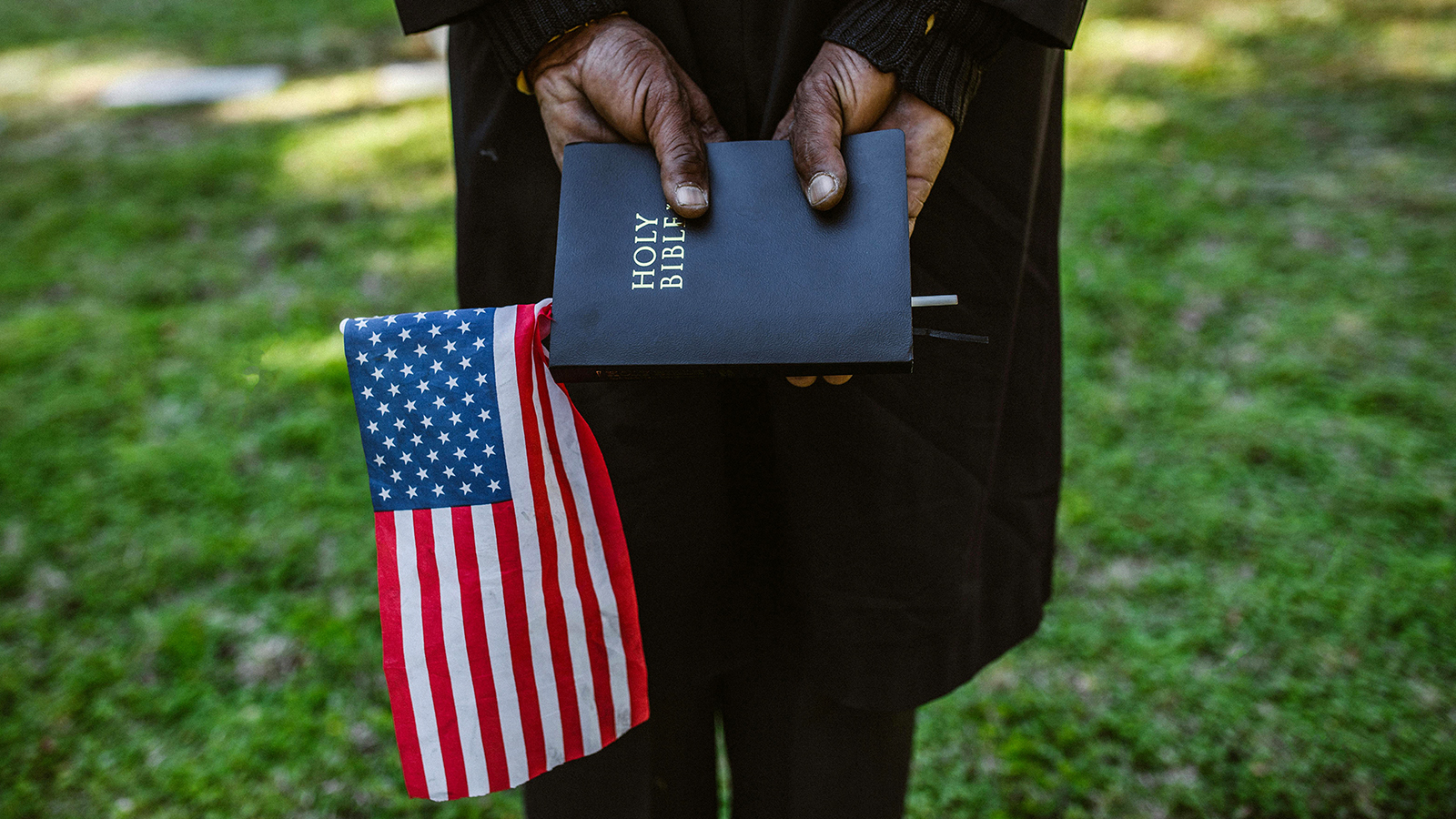In an ongoing discourse within the United States about the intersection of faith and politics, a comprehensive new survey reveals that the majority of American adults perceive religion positively in public life but believe its impact is diminishing.
This trend appears to concern at least half of the nation’s population, with a growing unease among various religious groups that their beliefs clash with mainstream American culture.
This insight emerges from a recent survey unveiled on March 14 by Pew Research, conducted in February to gauge sentiments regarding religion’s influence on American society.
Greg Smith, associate director of research at Pew Research Center, highlighted a noticeable divergence between individuals’ personal religious convictions and their perceptions of broader cultural trends. Notably, 80% of U.S. adults observe a shrinking role for religion in American life—a figure reaching record highs in Pew surveys. Additionally, 49% of respondents view the decline of religion’s influence unfavorably.
Smith pointed out that 48% of U.S. adults acknowledge a significant or some level of conflict between their religious beliefs and mainstream American culture, marking an increase from 42% in 2020. Moreover, the number of Americans identifying as religious minorities due to their beliefs has risen from 24% in 2020 to 29% in the current year.

While this increase in self-identification as religious minorities is modest, it spans various faith communities. Notable rises are observed among white evangelical Protestants, white non-evangelical Protestants, white Catholics, Hispanic Catholics, Jewish Americans, and religiously unaffiliated individuals.
The study also scrutinized Christian nationalism, an ideology asserting the United States’ divine favor and advocating for a specific brand of Christianity in its laws. Despite notable proponents and critics, including political figures like Rep. Marjorie Taylor Greene, Pew’s findings indicate minimal change in public awareness or opinion on Christian nationalism in recent years.
Approximately 45% of respondents reported awareness of Christian nationalism, consistent with figures from September 2022. Moreover, only 5% expressed a favorable view of Christian nationalism, with 25% holding unfavorable opinions.
Examining views on the fusion of religion and politics, the survey delineates a spectrum of perspectives. While a majority (55%) advocate for the separation of church and state, a notable minority (13%) endorse declaring Christianity as the nation’s official religion. A plurality (44%) suggests refraining from declaring Christianity the official faith while still promoting Christian values.
On the question of whether the Bible should influence U.S. laws, respondents were divided. Exactly half favored some level of Biblical influence, while the remaining half opposed it. However, among those supporting Biblical influence, nearly two-thirds asserted the Bible should prevail in conflicts between its teachings and the will of the people.
Despite variations among religious groups, a majority (57%) perceive the Bible as influential in U.S. laws, with notable disparities in perception among different religious affiliations.
The survey, conducted from February 13 to 25, sampled 12,693 U.S. adults, offering significant insights into evolving attitudes regarding religion’s role in American public life.






















